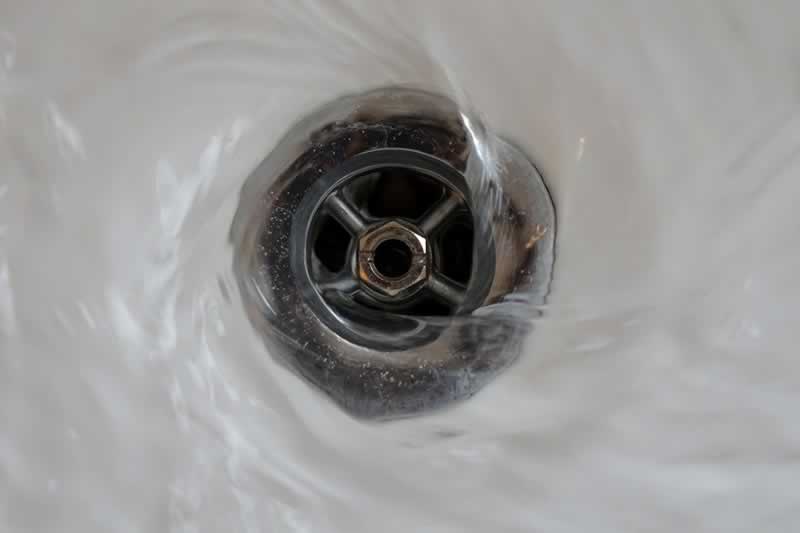Having your drainage system clogged will cause you a lot of hassle. It will also deem your bathrooms and kitchen unusable until the blockage is dealt with.
When you are dealing with this kind of problem, then you need to look for a cleaner to use that will fit a couple of requirements.
Purpose
The first thing to consider is the purpose of the product you’re looking for. Some drain cleaners are designed to get rid of existing blockage that affects your drainage system, while there are other types with the sole purpose of keeping pipes free of any kind of future blockage. Basically, a cleaner could be used as a preventive measure or a way to treat clogged drains. Knowing what you need the cleaner for will save you money as well as time.
Safety
This is a very important factor to keep in mind whenever you’re planning on using products containing chemicals. You need to ensure that the drain cleaner you’re buying won’t be harmful to any humans or pets who may use water at your home. You also need to ensure that the cleaner will not react with your pipes or damage them because this may affect the water as well as your drainage system in the future. If you plan to use a cleaner that prevents the blockage before it begins, then this factor is even more important because prolonged exposure to certain chemicals may corrode your pipes.
Effectiveness
Buying a cleaner that does not do its job is a waste of money and will probably make the whole issue you have with your drains last longer. To prevent this hassle, look at the chemicals included in the cleaner before you decide to buy it. Check whether these chemicals will help you dissolve the blockage you have or will it be useless against certain kinds of blockages.
Reviews
No company will ever admit that their product does not work properly or that it isn’t that great. If you want to buy a certain cleaner, make sure to check reviews on various websites and even asking friends that may have used such a product before. Knowing others’ reviews about a cleaner will give you an idea of whether it is the one you are looking for or not.
Budget
Before buying the drain cleaner you want, you should see whether it will fit into your budget or not. You might think that it won’t be costly, but if you’re planning to use a drain cleaner more than once to maintain the state of your unclogged drains, then you need to make sure you will be able to afford the price on the long run.
Keeping these points in mind will ensure you get the best possible cleaner to fix your drain issues. These factors will make the process of buying a drain cleaner much easier, and it will also take less time because you have all the points you need to look for to get the best product in the market.








